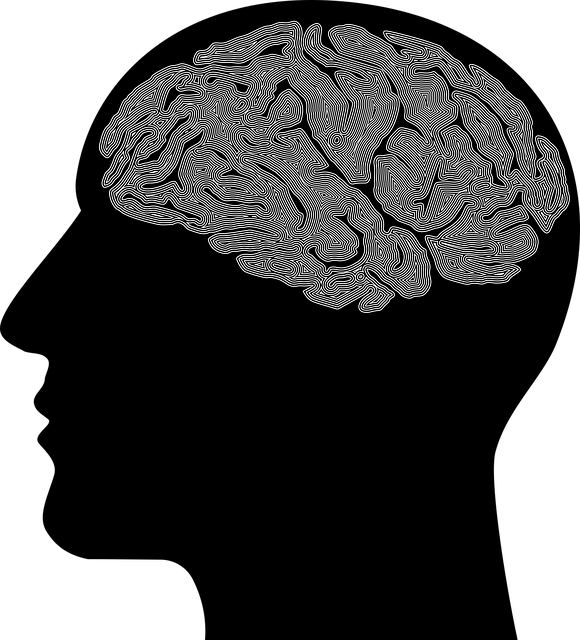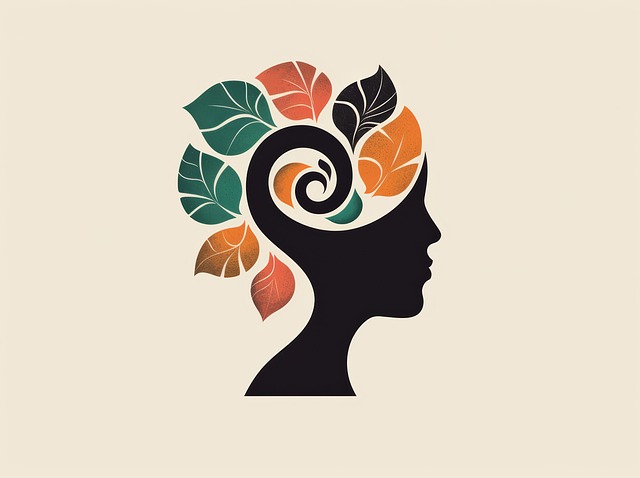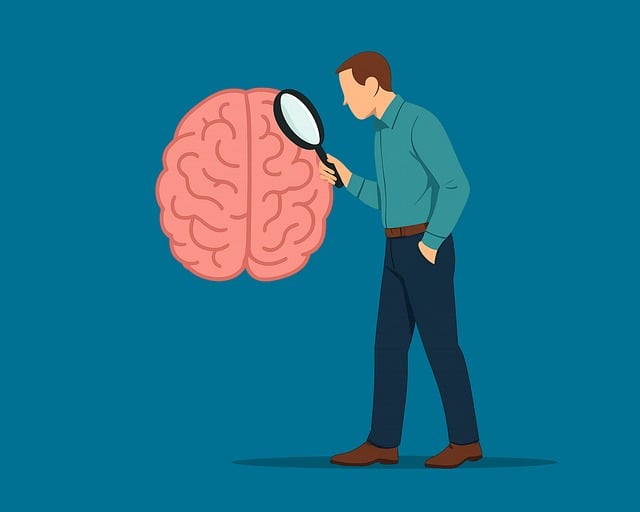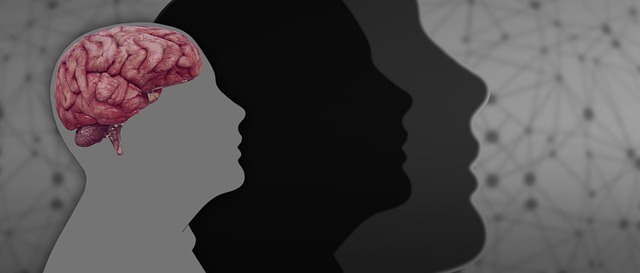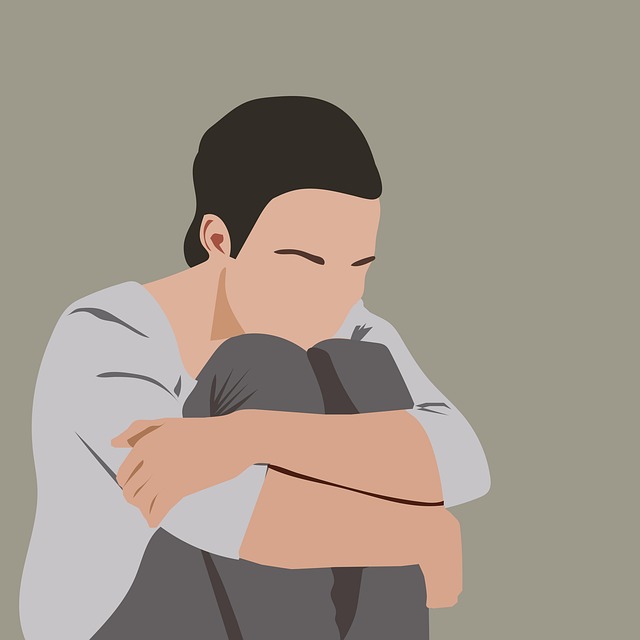Westminster Chronic Pain Therapy places paramount importance on cultural competency, revolutionizing pain management through personalized, empathetic care that respects diverse beliefs and practices. Through comprehensive training, workshops, and public education, healthcare providers learn to incorporate alternative healing methods, dietary considerations, and tailored coping skills, fostering trust and improving outcomes for all patients, regardless of background. This multifaceted initiative ensures bias recognition, effective risk management, and myth-busting campaigns, ultimately enhancing communication and care within diverse patient populations.
At Westminster Chronic Pain Therapy, cultural competency training is a cornerstone of our approach to patient care. Effective chronic pain management demands an understanding of diverse cultural perspectives and their impact on pain perception and treatment. This article explores the necessity of cultural competency in healthcare, delves into the influence of cultural differences, outlines essential components for designing training programs, and provides implementation strategies for long-term success at Westminster Chronic Pain Therapy.
- Understanding Cultural Competency in Healthcare: A Necessity for Effective Chronic Pain Management at Westminster Chronic Pain Therapy
- The Impact of Cultural Differences on Chronic Pain Perception and Treatment
- Designing Training Programs: Essential Components for Equipping Healthcare Providers at Westminster Chronic Pain Therapy
- Implementation Strategies: Ensuring Long-Term Success for Cultural Competency Initiatives at Westminster Chronic Pain Therapy
Understanding Cultural Competency in Healthcare: A Necessity for Effective Chronic Pain Management at Westminster Chronic Pain Therapy

Cultural competency is a crucial aspect of healthcare, especially when managing chronic pain at Westminster Chronic Pain Therapy. In today’s diverse society, understanding and appreciating different cultural beliefs and practices can significantly enhance patient care. Many individuals from various ethnic backgrounds seek treatment for chronic pain conditions, each with unique perspectives shaped by their cultural identities. Healthcare providers at Westminster Chronic Pain Therapy recognize that a one-size-fits-all approach may not be effective. By incorporating cultural competency training, they are equipped to deliver personalized care that respects and incorporates patients’ cultural beliefs, thereby fostering trust and improving treatment outcomes.
This training enables healthcare professionals to develop self-awareness exercises and burnout prevention strategies, ensuring they can provide culturally sensitive support. For instance, some patients may prefer alternative healing methods or have specific dietary needs influenced by their culture. By being attuned to these differences, providers can incorporate elements of a patient’s self-care routine development for better mental health, creating an inclusive environment that promotes healing. Effective cultural competency training is not just about sensitivity; it empowers healthcare providers at Westminster Chronic Pain Therapy to revolutionize pain management, ensuring every patient receives tailored, compassionate care.
The Impact of Cultural Differences on Chronic Pain Perception and Treatment

Understanding the impact of cultural differences on chronic pain perception and treatment is paramount in healthcare, especially in diverse communities like Westminster. Chronic pain management often requires a nuanced approach as cultural beliefs and practices can significantly influence how individuals experience and express pain. For instance, different cultures may have unique interpretations of pain symptoms and varying preferences for pain management techniques. What works effectively for one patient from a specific cultural background might not yield the same results for another.
At Westminster Chronic Pain Therapy, we emphasize the importance of cultural competency training to ensure every patient receives personalized care. Our experts utilize mind over matter principles to boost patients’ confidence in managing their pain while considering their cultural context. By integrating these practices and educating the public through awareness campaigns development, we aim to improve treatment outcomes and create a more inclusive healthcare environment that respects and embraces diverse perspectives on chronic pain.
Designing Training Programs: Essential Components for Equipping Healthcare Providers at Westminster Chronic Pain Therapy

At Westminster Chronic Pain Therapy, designing effective cultural competency training programs is paramount to ensuring healthcare providers are equipped to serve a diverse range of patients. These programs must incorporate several essential components. Firstly, they should offer immersive experiences that challenge assumptions and promote empathy towards different cultural backgrounds, beliefs, and values. This can include role-playing scenarios, case studies, and guest speakers from various communities.
Secondly, the training should focus on coping skills development and mood management techniques tailored to diverse populations. By integrating Mind Over Matter principles, providers can learn to support patients in navigating chronic pain while addressing cultural sensitivities. Interactive workshops, group discussions, and practical exercises will enhance learning and facilitate the adoption of new strategies for better patient care at Westminster Chronic Pain Therapy.
Implementation Strategies: Ensuring Long-Term Success for Cultural Competency Initiatives at Westminster Chronic Pain Therapy

At Westminster Chronic Pain Therapy, implementing cultural competency training requires a strategic approach to ensure long-term success. The first step involves integrating these initiatives into the existing healthcare framework, ensuring seamless adoption by all staff members. This includes tailored workshops and continuous education sessions that cater to different learning styles, fostering an inclusive environment. By incorporating self-awareness exercises, mental health professionals can better understand their own biases, which is crucial for providing culturally sensitive care.
Additionally, risk management planning plays a pivotal role in mitigating potential challenges. Effective communication strategies, developed through public awareness campaigns, help dispel myths and promote understanding among diverse patient populations. Regular evaluation of the training’s impact and gathering feedback from patients and staff are essential to refine and improve the program over time, ensuring its relevance and effectiveness for the long haul.
Cultural competency training is a game-changer in healthcare, especially at institutions like Westminster Chronic Pain Therapy. By equipping providers with the knowledge and skills to navigate diverse cultural landscapes, we enhance patient care and outcomes, ensuring that everyone receives respectful, sensitive, and effective treatment for chronic pain. Through comprehensive programs and strategic implementation, Westminster Chronic Pain Therapy is leading the way in fostering a more inclusive and culturally competent healthcare environment.

